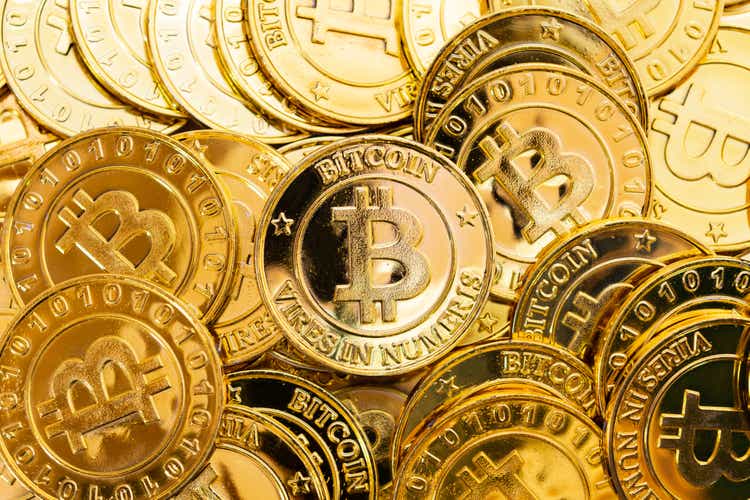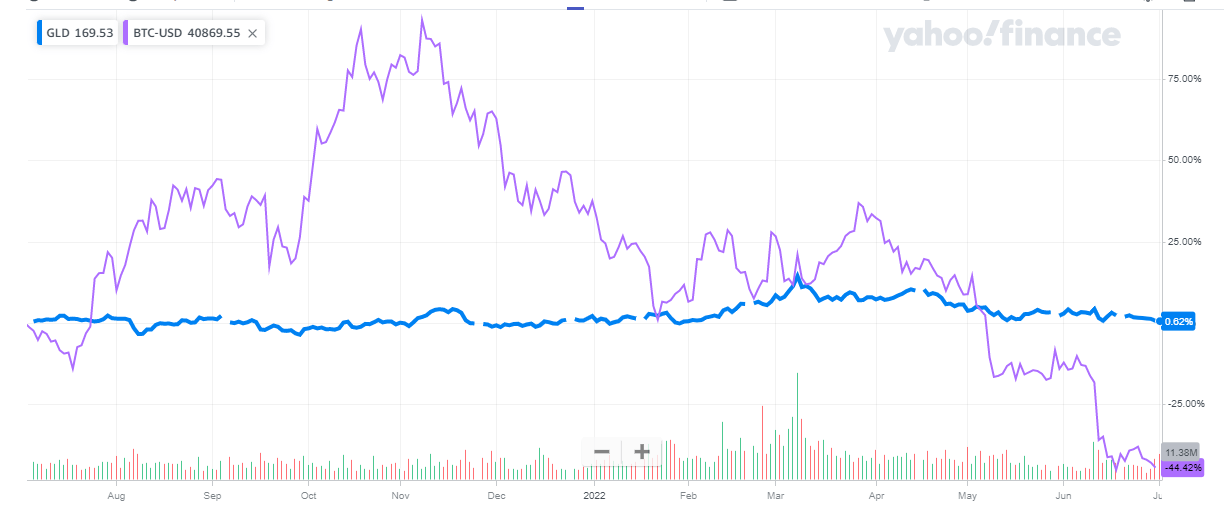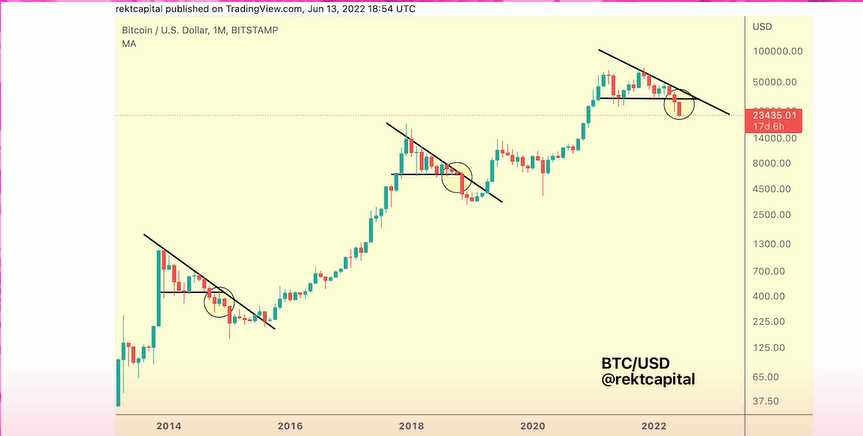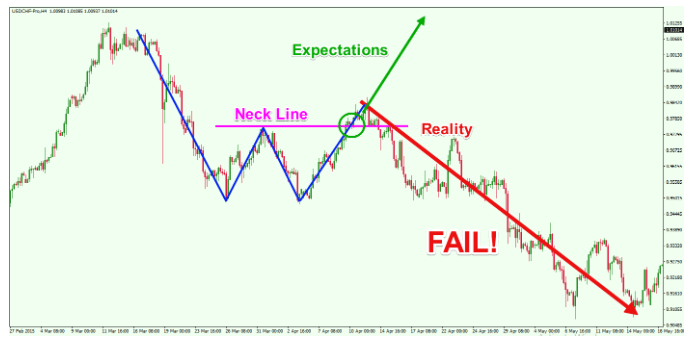
Tevarak/iStock via Getty Images
In my view, Bitcoin (BTC-USD) should be avoided because it serves no financial purpose and solves no identifiable problem. If someone insists on buying it, I think they would be wise to follow the advice of a particular dyed in the wool Bitcoin bull, and place less than 5% of their capital in this or any other digital asset.
Bitcoin is to global finance as Esperanto is to languages
For those of you who may not be aware of it, Esperanto was formed in the late 19th century, in hopes that it would be a “universal second language.” Thus, it was a system that was designed to solve a non-problem, because the world already had a number of “second languages” that served various purposes well for centuries. Latin for medicine, French for diplomacy, and of course, English for commerce. This is why, as of 2017 there are between 30,000-180,000 L2 users of Esperanto (“L2” means a person’s second language). To put this figure in context, there are about 170,000 people who speak Irish as a first language and about 1.2 million poor souls who were obliged to learn it as a second language. It’s my belief that most of my readers have never heard a single syllable of either Irish or Esperanto. I think in the coming years, it’ll become obvious that Bitcoin is the financial equivalent of this: an over-engineered “solution” to a problem that has been solved already.
Over-engineered “Solution” to a Non Problem
When I first started talking to various Bitcoin aficionados, trenchermen, and mavens years ago, I was told that Bitcoin would become another form of money, one that is much harder to manipulate. When I pointed out that in order to be money, something needs to be a store of value, unit of account, and medium of exchange, and that Bitcoin was way too volatile to act as any of those things, I was hit with a barrage of acronyms that made sense to only those on the inside of the club. In fairness to my Bitcoin loving colleagues, they’ve retreated from this position, and now maintain that Bitcoin offers a way to solve the various problems associated with banking.
As a writer on this forum, I have a responsibility to let you know what my biases are in case they’re not yet apparent. I’m a relatively affluent citizen of the “developed world” who has access to a plethora of banking and quasi-banking services like PayPal (PYPL). As a result, I didn’t know there were problems with banking, and I therefore don’t see the “solutions” presented by Bitcoin advocates as solving some unfulfilled need. I see this “solution” being a squeaky “me too” that doesn’t really add much value, and may be actively worse. Feel free to check out Dan Olson’s work on YouTube for an in-depth look into how Bitcoin makes things actively worse.
The Best of the Bull Case
So I admit that I’m biased, and I admit that I can be wrong, because it’s happened often enough in the past. For that reason, I want to seek out and be as generous as possible to the most reasonable Bitcoin bulls I can find. For that reason, I’m going to highlight the most insightful person I’ve come across. In my experience, Andy Edstrom offers the most cogent case for investing in Bitcoin. He’s done public interviews, and you can feel free to look him up on your Google (GOOG) (GOOGL) machines in order to delve deeper into his insights.
He also wrote a book, defending the idea of investing in Bitcoin more deeply in case you’re interested. In a nutshell, he suggests that Bitcoin is not likely to replace fiat currency anytime soon, but is the electronic equivalent of gold. Bitcoin is a great asset to buy because inflation will be a problem in future, gold is traditionally the hedge of choice against this eventuality, given that gold outperformed everything during the highly inflationary 1970s, and bitcoin is the “new gold” because it has several advantages over the yellow metal.
Further, Edstrom points out that the gold market is currently worth between $10-11 trillion, and Bitcoin is worth a few hundred billion, so Bitcoin will rise in prices as “more of your inflation hedging dollars” will flow out of gold and into Bitcoin. Also, Bitcoin is superior in many ways to gold. For instance, you can’t counterfeit Bitcoin the way you can add tungsten to gold. I guess this is a problem for people who don’t buy gold coins or bars from the likes of Johnson Matthey or reputable mints in Australia, Canada, or the United States? Most obviously, though, gold is hard to physically transport, while it’s possible to theoretically keep hundreds of billions of dollars of wealth on a USB key.
Although I think this is the best argument for Bitcoin available, there are a host of problems with it in my view. First, and most importantly, gold isn’t an inflation hedge. Also, there’s growing evidence that what we’re experiencing isn’t inflation of the kind we experienced in the 1970s. For instance, price rises can be explained just as easily by a leftward shift in aggregate supply caused by a global shutdown, and a rightward shift in “stimy cheque” enabled aggregate demand. In fact, a compelling argument can be made to suggest that recession induced disinflation, or even deflation is in the cards.
Finally, the volatility of Bitcoin disqualifies it from consideration as a hedge in my view. Consider the following graph comparing the price of Bitcoin in U.S. Dollars to the price of the world’s largest gold bullion ETF:

Bitcoin V Gold (Finance.Yahoo)
Relative to the very choppy price movement of Bitcoin, gold looks downright sleepy. So, if you were someone willing to invest in an asset like gold, with its negative 2% carry (1% for storage, 1% for insurance), you’re someone who cares about wealth preservation in the face of an ever changing, money supply growing world. I don’t agree with the view, but I understand it. In my view, getting the conservative lover of “hard money” to switch to the roller coaster that is Bitcoin is a heavy lift. Thus, I’m very skeptical that Bitcoin will be in a position to supplant gold as (misguided) inflation hedge anytime soon.
We should also notice that Bitcoin has proven to be a very ineffective defender against the pernicious effects of inflation. In my view if you form a thesis about the behaviour of a machine like the global financial system, for instance, and the machine behaves exactly opposite to what you predicted when those circumstances apparently arise, you likely need to develop a new theory about how the world works. While the recent drop in the price of Bitcoin doesn’t “prove” that it’s a poor asset choice, anymore than the rise in price “proved” that it was a solid choice previously, we have to note that when Bitcoin was in what’s supposedly its most fertile ground, it failed.
Lastly, one of the reasons I found Erdstrom so reasonable is the fact that he, a dyed in the wool Bitcoin bull, advocates between 3-4% of a portfolio to Bitcoin. That’s it. In my limited experience with this community, the people who love Bitcoin REALLY love Bitcoin and would consider 10x Erdstrom’s figure to be too stodgy and conservative. This highlights another risk here. Many of the people who advocate for Bitcoin are so distrustful of more traditional markets that they invest massive amounts of their portfolios into Bitcoin. In my estimation, this won’t end well.
Send in the Chartists
I think it’s also reasonable to point out that we’ve been down this road before. There are many people who chart Bitcoin’s price changes in hopes of gleaning some insight into what the future holds. A subsection of these people make their views freely available online, and, if you’re interested, I recommend checking out their work. Like I did with Erdstrom, I’ll try to summarise their views. Generally, the view is that we’ve been here before, and that those who bought when others were selling did well over time. Every one of them I’ve seen makes the point that every bull market inevitably takes a breather before prices rise inevitably again.

Price History Of Bitcoin (Real Vision Crypto)
That’s great, but even if we take the above history as some sort of guide, we’re led to the conclusion that Bitcoin is largely dead money for the next several months as consolidation continues in my opinion. If the future doesn’t mirror the past because the market starts to conclude that this is a terrible hedge against inflation, for instance, this leg up may never come. In order to put yourself in the frame of mind that’s open to the possibility that the future will be materially different from the past, you can go through Bertrand Russell’s parable of the inductivist Turkey, or you can feast your eyes on the following graphic to get the point. The market sometimes (often?) seems to make fools of us by defying our expectations about a future that we “just know” is right around the corner.

An Example of the Fallibility of Technical Analysis (Forex Training Group)
Conclusion
Under the most optimistic scenarios, I think Bitcoin is dead money for at least several months as it consolidates. Further, even the most ardent, reasonable Bitcoin bull that I could find advocates for a 3-4% position in the crypto currency. I’m not a fan of gold as an asset class for a host of reasons, but at least it has corporeal form. Given how it’s performed during this period of supposedly high inflation, I think the “Bitcoin is inflation hedge” argument joins the “Bitcoin is the new money” argument as a non-starter. I may regret this call in a couple of years when the price may very well spike again, but I think Bitcoin is a bubble that should be avoided. If you insist on participating, I recommend you take the advice of Mr. Erdstrom and keep your exposure below 5%. If I’m wrong, your investment in Bitcoin will grow massively. If I’m right, you’ll be glad that you limited your exposure.




